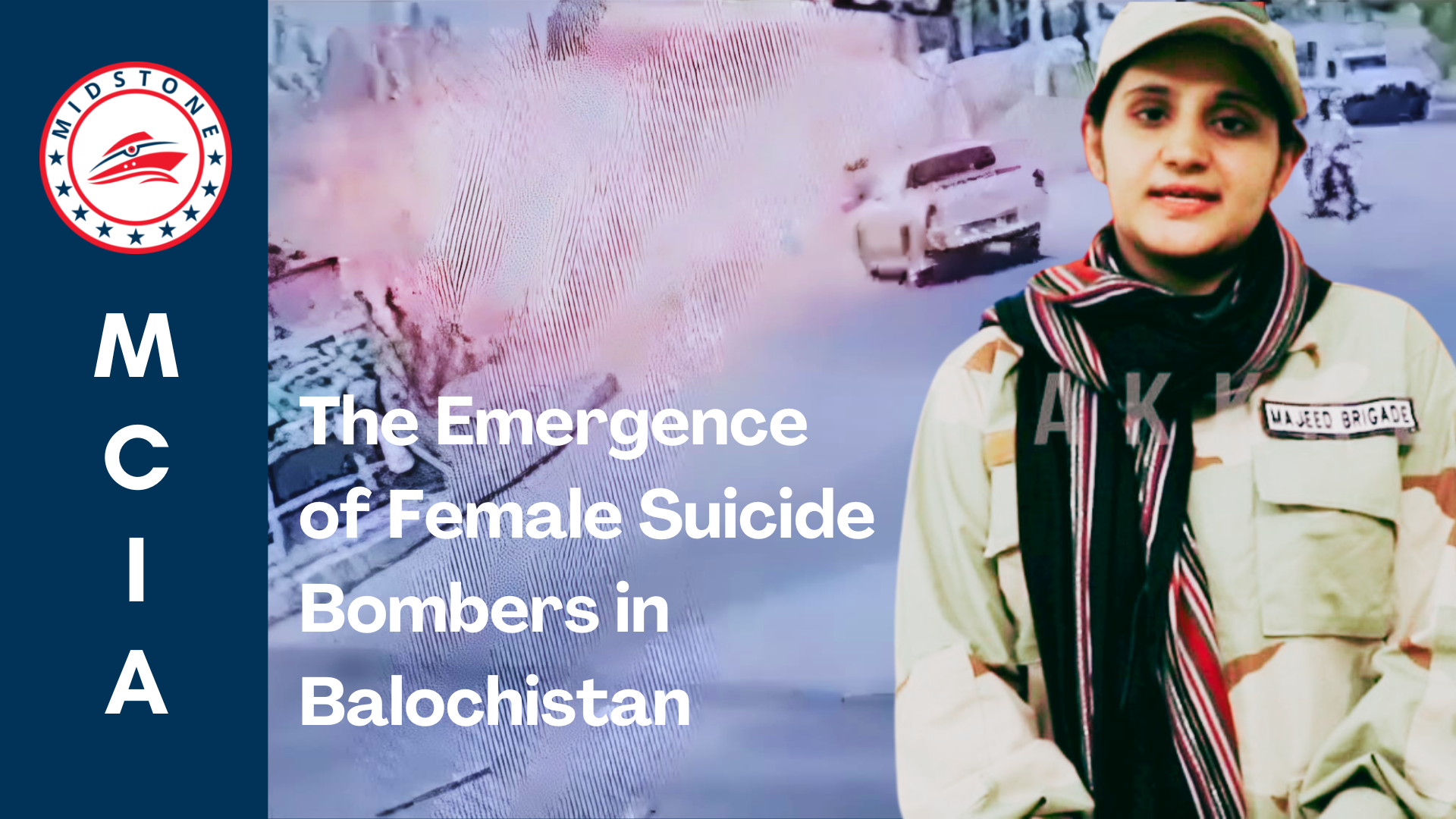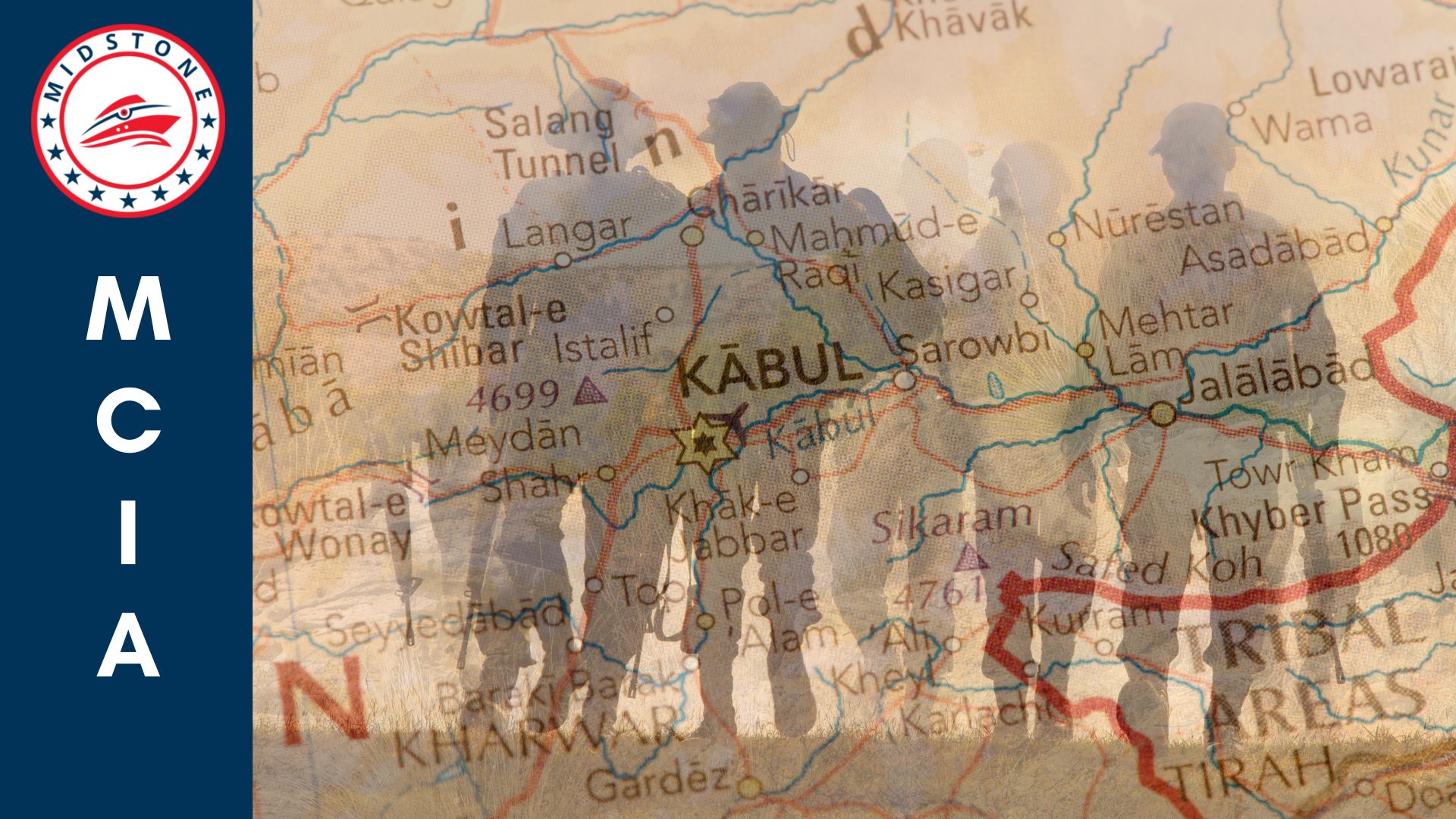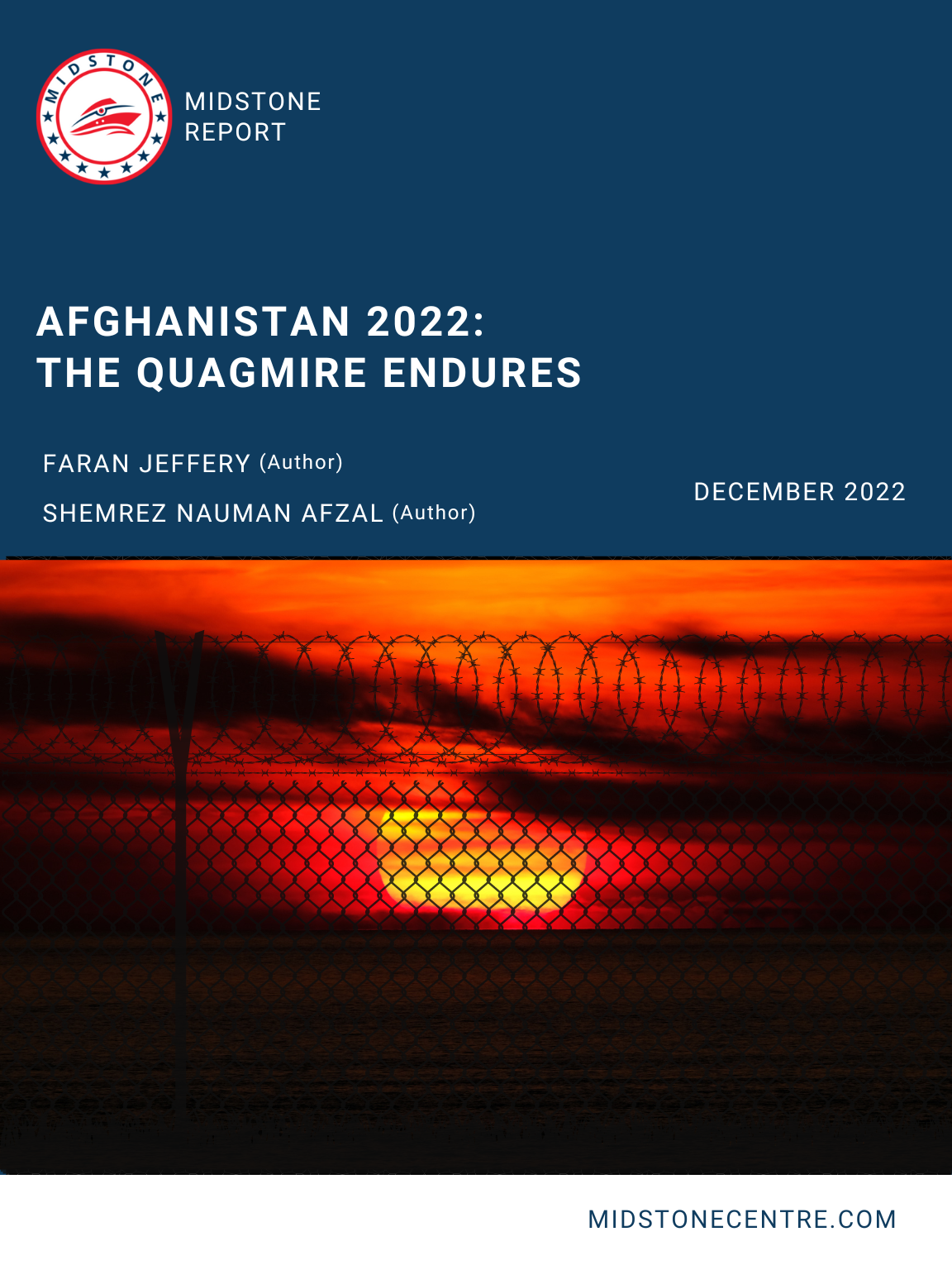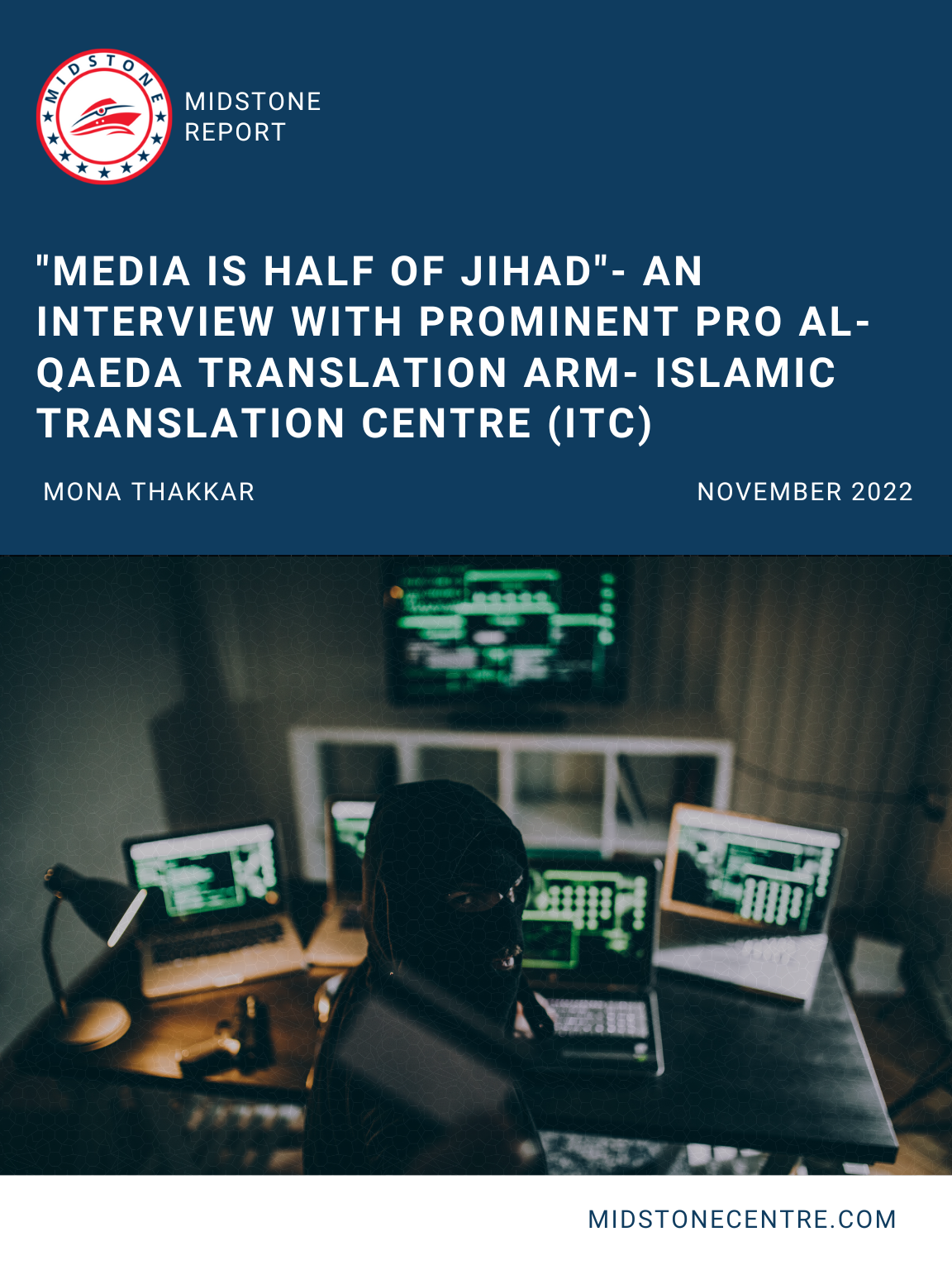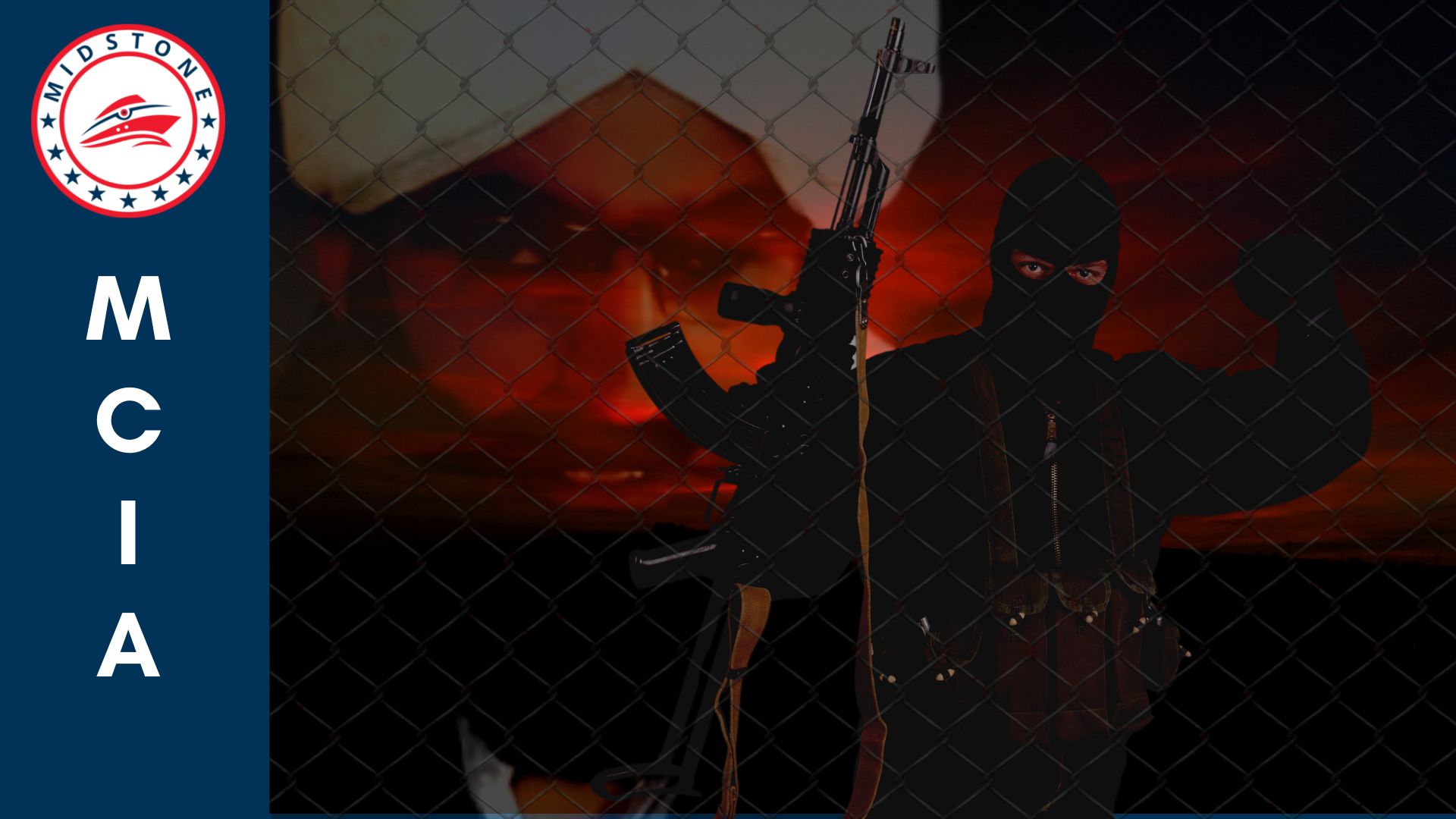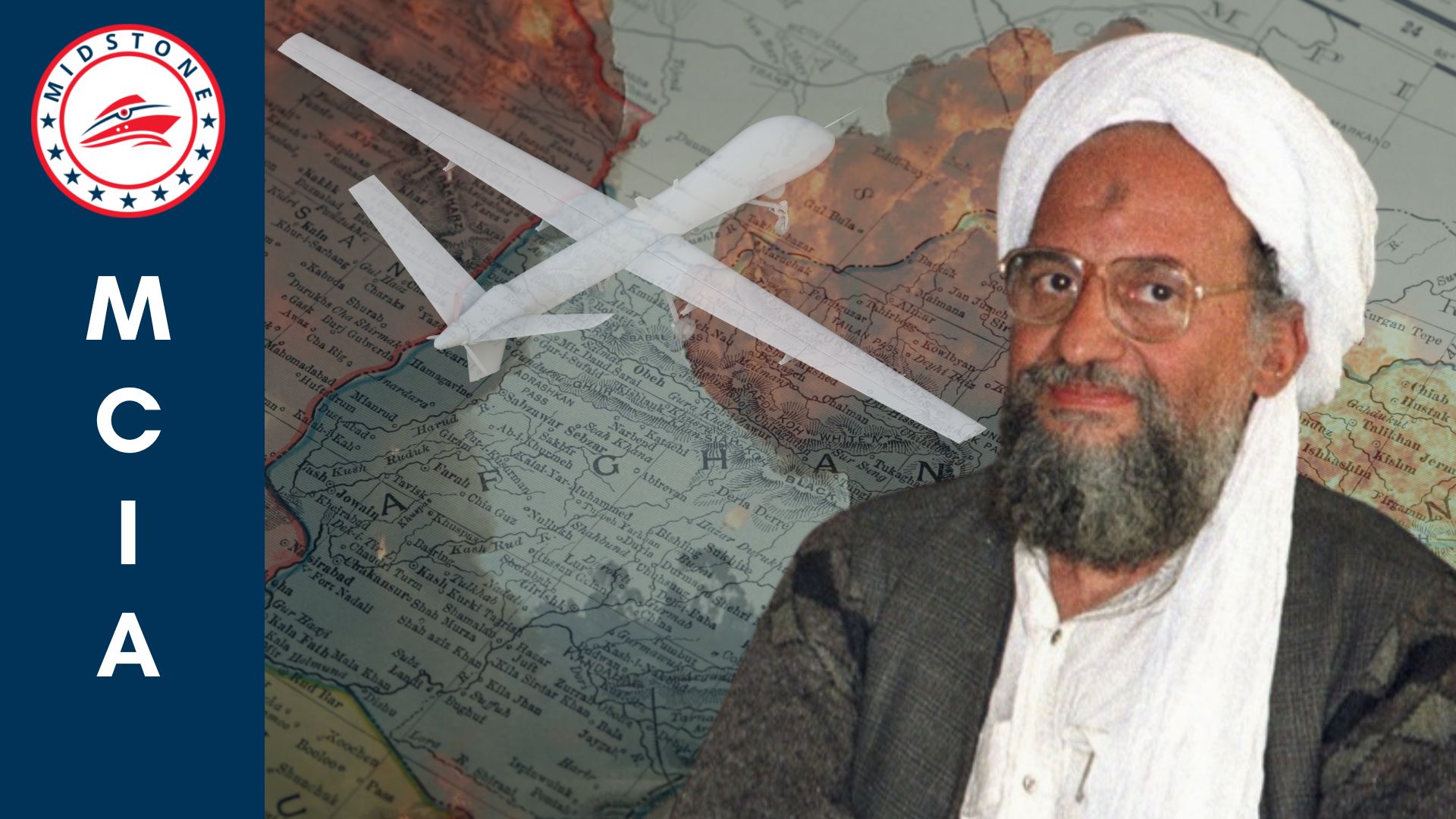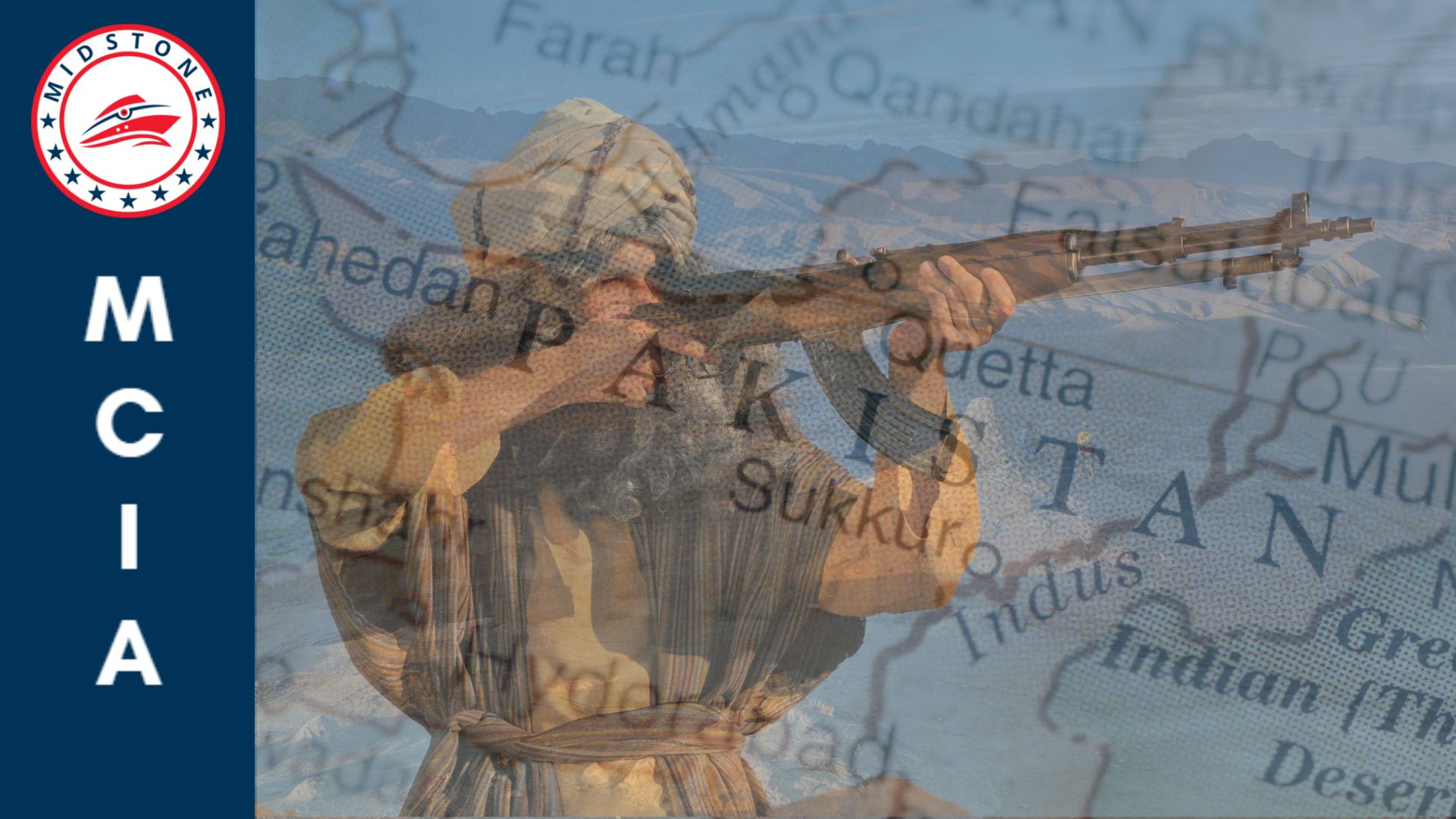The U.S.-Pakistan Counterterrorism Dialogue, co-chaired by Ambassador Elizabeth Richard from the U.S. Department of State and Ambassador Syed Haider Shah from Pakistan, highlights the ongoing and prospective cooperation between the two nations in addressing regional and global security challenges, specifically the threats posed by Tehreek-e-Taliban Pakistan (TTP) and ISIS-Khorasan.
In yet another disturbing terror incident in Pakistan, a suicide attack occurred near a police vehicle in the Turbat district of Balochistan. Tragically, the attack resulted in the loss of a police officer’s life, while a female officer sustained injuries. Separatist terrorist group BLA (Balochistan Liberation Army) claimed responsibility through its Majeed Brigade.
The UK's counter-extremism programme has spectacularly failed repeatedly to identify attackers while downplaying the role of Islamist ideology, a highly critical review has concluded.
Tehreek-i-Taliban Pakistan (TTP) has ended its ceasefire, and it has ended it with a literal bang, or in fact several bangs.
Pakistan is in the global spotlight once again: catastrophic flooding caused by untimely and intense monsoon rains – six to seven times the usual volume, according to estimates – have submerged more than half the country’s landmass.
There are times when confirmation hearings in the U.S. Senate are not spectacular but often provide insights into major national security challenges for the United States. Often major concerns have a prominent role. However, there are times when other crisis spots are omitted.
Pakistan faces a war-like situation on its western front, which was created by the Taliban's takeover in Afghanistan, which was hugely supported by Imran Khan who now has widespread support in Pakistan.
The Taliban takeover of Kabul in August 2021 was welcomed by Pakistani politicians and celebrated by the outlawed group Tehrik-i-Taliban Pakistan, also called the TTP.


